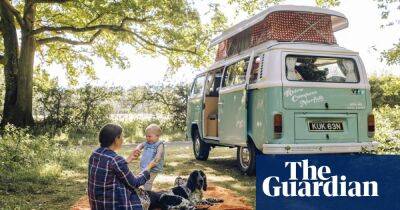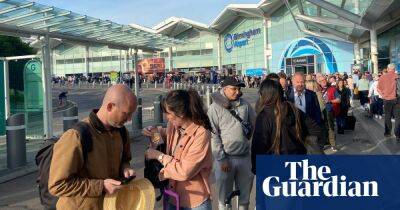An ethical problem aired for online travellers by Airbnb
Airbnb has just announced the biggest change to its site in a decade. The online accommodation marketplace has redesigned its site to move away from the “archaic” ways of booking by encouraging visitors to focus on the type of home they want to stay in rather than the destination. Now, the homepage features labelled icons connecting you to barns, mansions, treehouses, domes and even islands. It has also introduced “split stays” to make it easier to share your time between two places.
I’m just back from Italy, where I indulged my Airbnb habit, and I’m hoping this change – in part Airbnb’s answer to over-tourism in certain places and to the site’s role in inflating the cost of local rents – will be helpful. It has always been a tough pill to swallow that my stays in New York or Paris have in some way contributed to raising rental costs to locals. And yet Airbnb has become so integral to the way that I and many others travel. Frankly, I can’t go back to holiday resorts and hotels and so my fingers are crossed. There’s only so long I can compromise my ethics to feed my fascination for seeing what other people’s houses look like.
As a regular Observer books critic, I can power through a book in a few days if need be, but lately I’ve been struggling to start anything that isn’t for work. I can’t seem to allow myself to sink into a story without being seduced by a meme or some banter in my WhatsApp group chats.
Like a lot of people, I began reading much more during the pandemic. A quarter of UK adults have kept up with lockdown reading habits even after the restrictions were eased, according to a new survey, but not me. I’m struggling to stay afloat in an ocean of unread books – yet I can’t stop buying them. The ratio of books I’m
Read more on theguardian.com


















